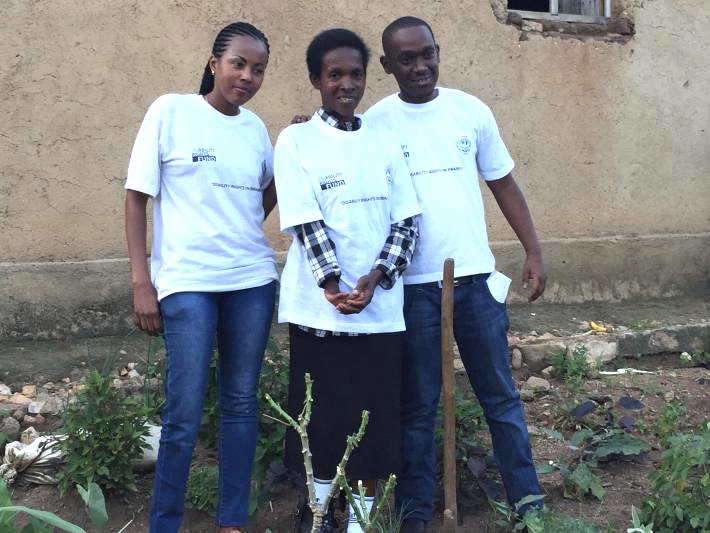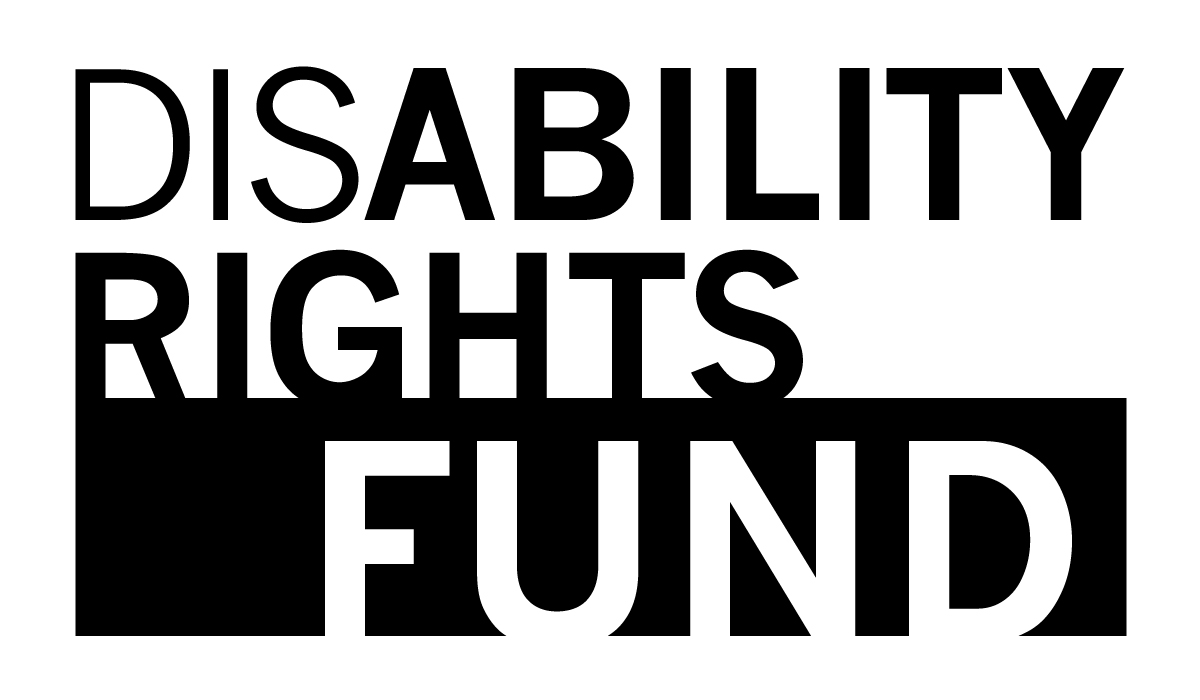
Mukandoli Seraphine is a 42 year-old woman with a physical disability from Kamonji District, a Southern Province in Rwanda. She is the youngest member of her family and has eight brothers. She completed her primary education, but could not continue her studies since she was expected to stay at home to help her family with domestic work while her brothers attended school. After her parents died, the children inherited the land.
The land was to be divided amongst the siblings, but her brothers refused to give their sister the land she was entitled to because of her gender and her disability. With no source of income, Mukandoli was forced to live with her brother, while providing unpaid care to his two children.
After attending a training on the Convention on the Rights of Persons with Disabilities organized by Human Rights First Rwanda Association (HRFRA), Mukandoli requested their paralegal team to take her case to court. She not only won the court case, but also secured the land title. She said:
“It is very important to sustain myself and my nephews without resorting to begging. I can get from the land things to eat, and also a house, a place where I can live — things that would be difficult to have without owning this land.”
Today, Mukandoli advocates for other women with disabilities who face similar challenges with land and property rights. Her landownership and independence have given her the status to speak out at community meetings, something she could not do before.
Read More
In 1999, the government of Rwanda implemented important legal reforms, which, among other crucial rights advances, granted women the right to own and use land on an equal basis with men. While this marked an important victory in national women’s rights, pervasive discriminatory social practices and cultural beliefs around disability and gender prevent women and girls with disabilities from claiming their rights and undermine the intent of government land reforms.
Disability Rights Fund grantee, Human Rights First Rwanda Association (HRFRA), is working to support women with disabilities to exercise their right to land ownership through legal aid services and rights trainings. Since 2009, HRFRA has supported poor and vulnerable groups, including women with disabilities to improve their lives and advocate for equal and effective access to justice.
